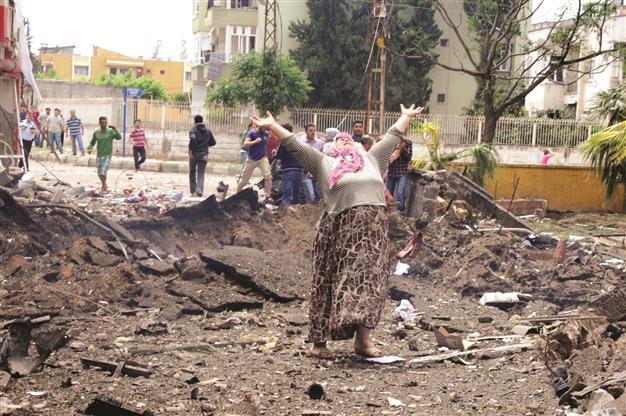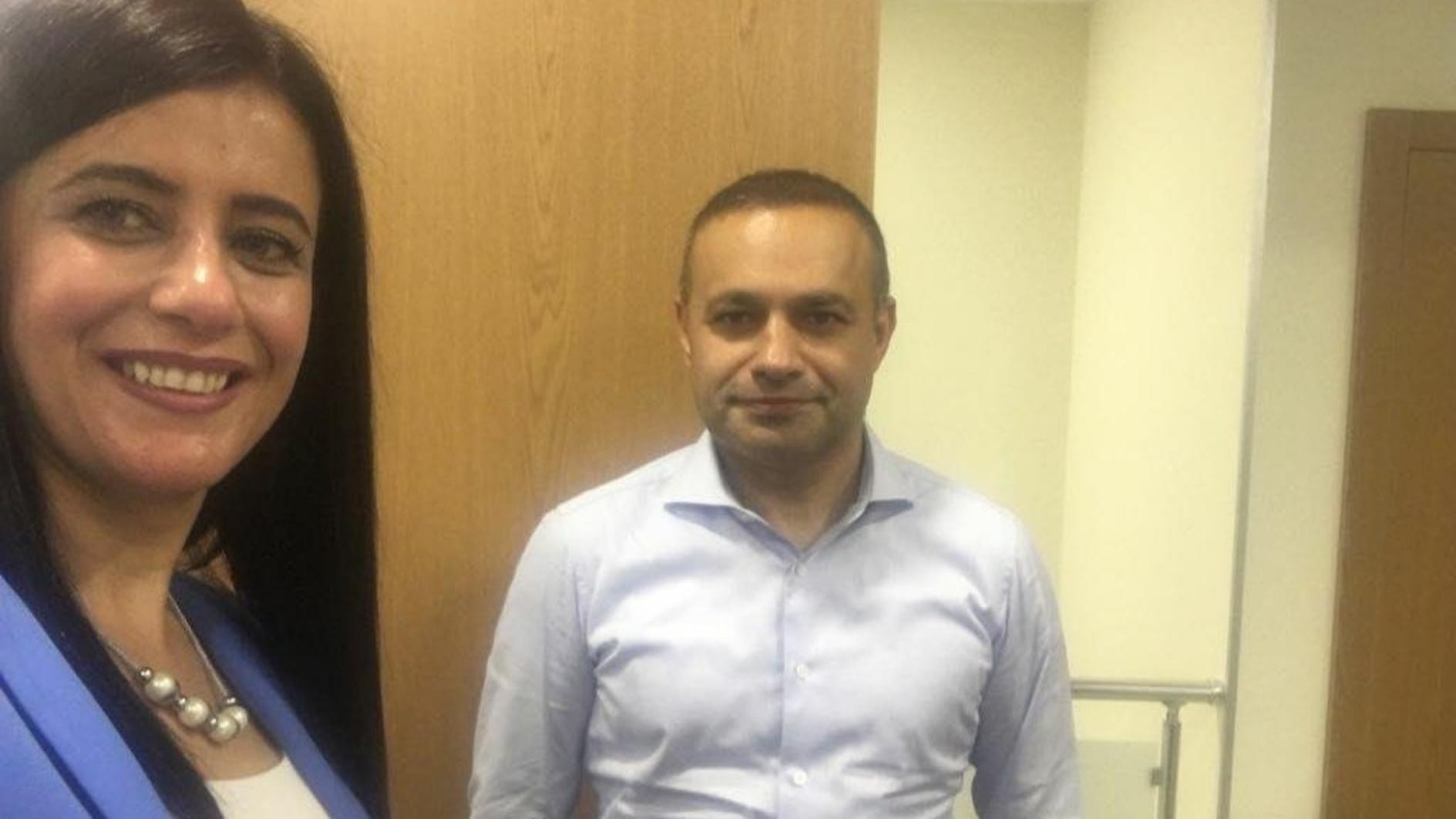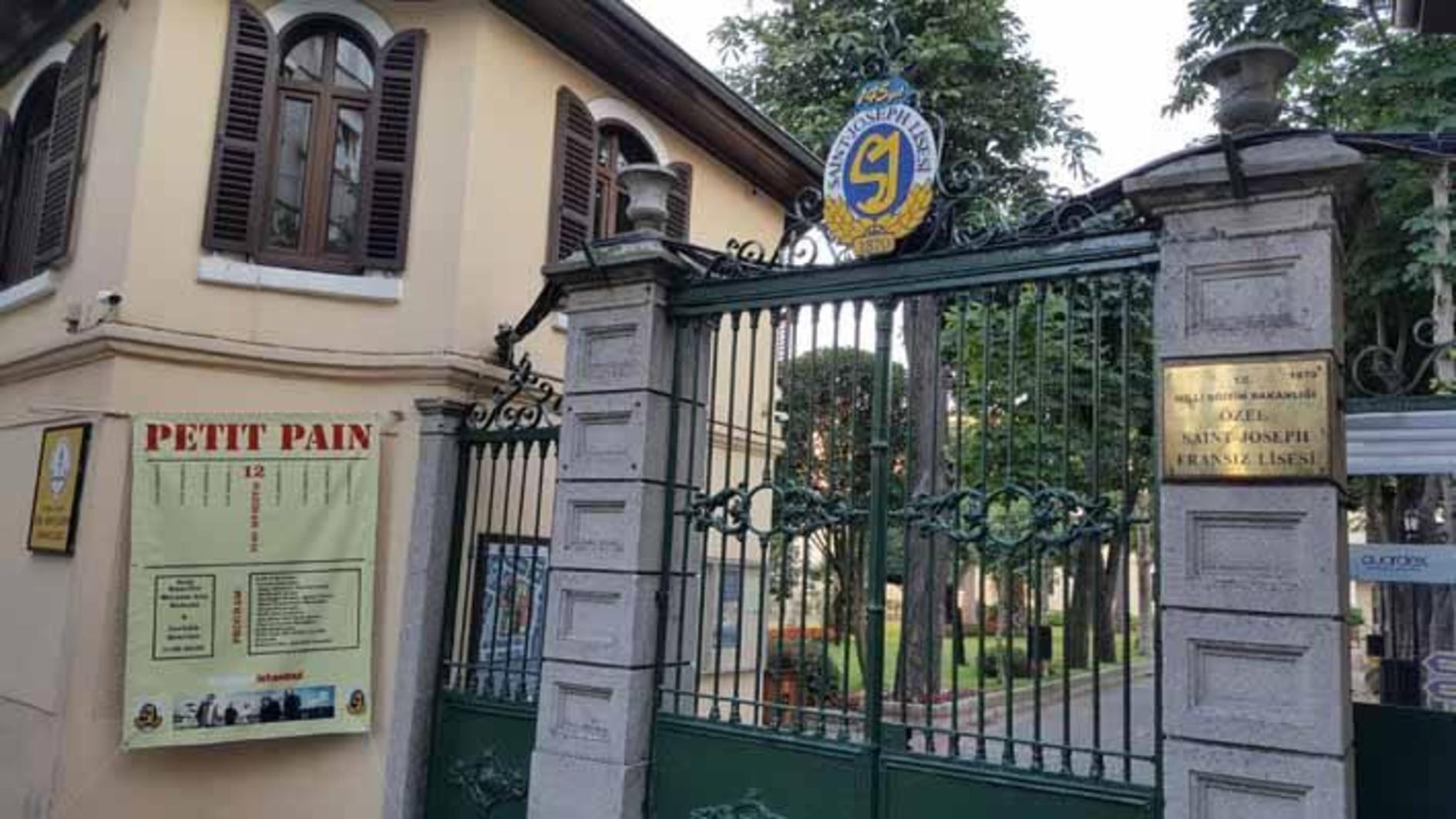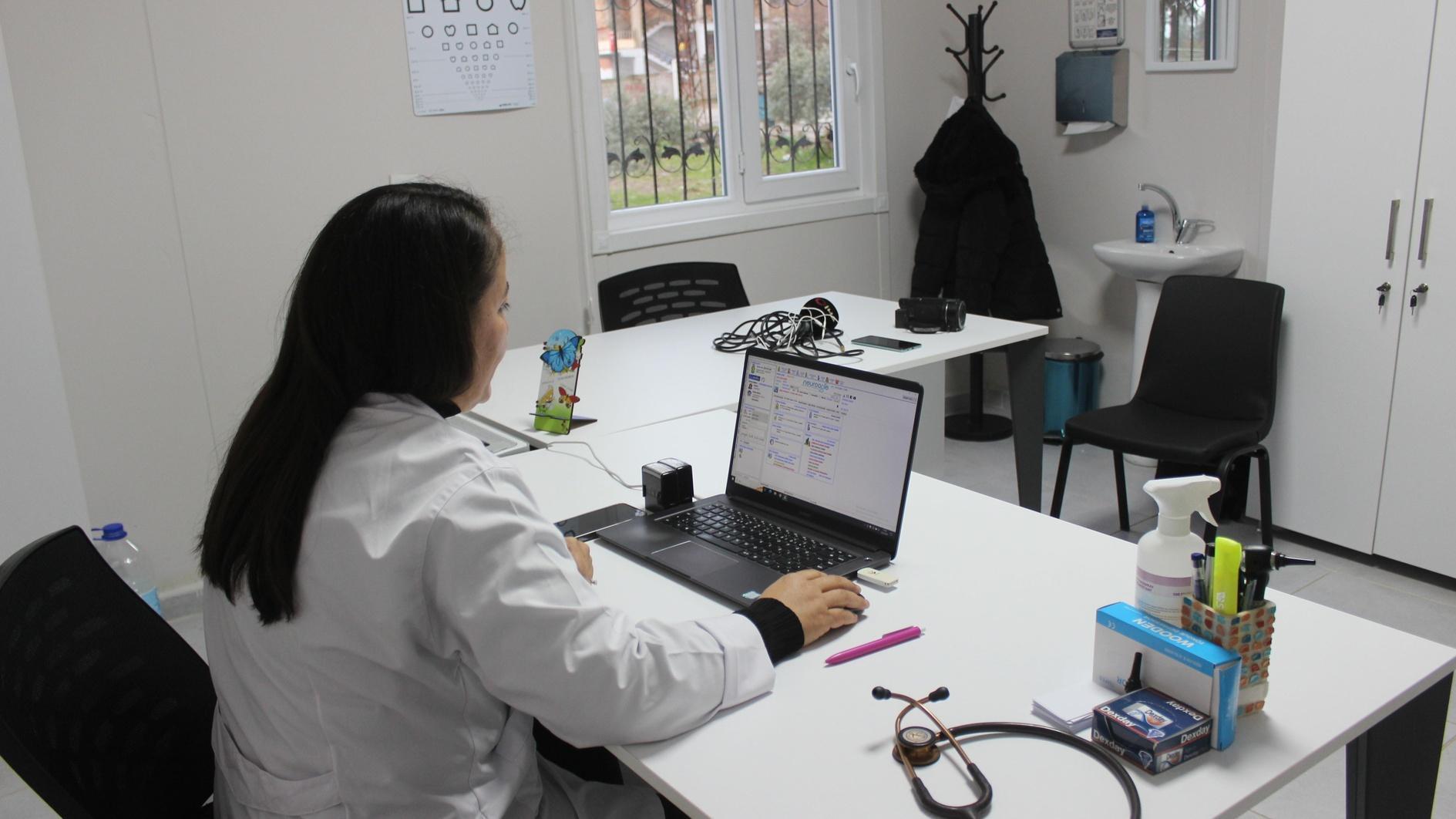Middle East was hot potato for Turkish foreign policy in 2013
ANKARA

Some 53 people dead in Twin bombings carried out in Reyhanlı city center. The district of the southern Hatay province bordering Syria has also witnessed tensions between locals and Syrian refugees. AA Photo
2013 has been a tough period for Turkish foreign policy amid mounting instability in the Middle East, which added new tensions with countries such as Egypt, following Syria and Iraq.As the Egyptian military ousted the Muslim Brotherhood’s Mohamed Morsi, Turkey became one of the fiercest critics of the coup.
Turkey declared Egypt’s ambassador in Ankara a “persona non grata” in a reciprocal step after Cairo expelled its envoy over remarks made by Prime Minister Recep Tayyip Erdoğan, which Cairo deemed as “provocative.”
Without any doubt, Syria, a potential fireball, was among the top issues of 2013, with declining hopes that the al-Assad regime will collapse in the near future, putting the extremist groups fighting in Syria at the core of concern for the international community.
The allegations that those groups use Turkish territory for safe houses and crossing into Syria became a common question in Turkish foreign policy, which Turkish leaders often had to reaffirm they do not support radical groups.
Strained ties between Turkey and Syria continued with reciprocal military maneuvers. A Turkish F-16 jet shot down a Syrian MI-17 attack helicopter in September, saying it made a 2 km incursion into its airspace, ignoring warnings. Turkish war jets scramble to intercept Syrian military planes approaching Turkish airspace almost every second day.
The number of Syrian refugees sheltered in Turkish territory, exceeded 500,000; as nearly 300,000 of them are living in camps, yet the rest have to survive on their own.
Two Turkish pilots Murat Akpınar and Murat Ağca were kidnapped by gunmen on Aug. 9 near the Beirut Rafik Hariri International Airport. A group called Zuwwar Imam Ali al-Reda claimed responsibility for the abduction, demanding Turkey put pressure on the Syrian opposition to release nine Lebanese Shiite pilgrims who were kidnapped by rebels in the conflict-hit country in May of last year.
The pilots were released after negotiations for a package including the release of hundreds of political prisoners in Syria.
Following two years of deteriorating relations between Turkey and the Iraqi Prime Minister Nouri al-Maliki’s government, Ankara and Baghdad stepped up for rapprochement, while foreign ministers from the two countries paid reciprocal visits.
Al-Maliki was expected to pay a visit to Turkey in December or January; however, an energy deal between Ankara and Iraqi Kurds irked Baghdad. The Prime Minister of Iraqi Kurdistan Regional Government (KRG) Nechirvan Barzani paid a visit to Ankara in December, and parties agreed on some “commercial agreements” on export of oil from northern Iraq to Turkey. Test flows in Iraqi Kurdistan’s crude oil pipeline to Turkey have started recently, while discussions are going on between Iraqi Kurds, Turkey and the al-Maliki government on the conditions of energy cooperation.
Israel apology on Mavi Marmara
Israel issued a formal apology to Turkey and agreed to pay compensation over the Mavi Marmara killings from 2010 on March 22 after a phone conversation between the two countries’ premiers, Benjamin Netanyahu and Erdoğan, which was brokered by U.S. President Barack Obama.
Following the apology, the two countries’ delegations held three rounds of talks on compensation for the Mavi Marmara victims, yet the negotiations have not finalized.
After two years of standstill in the accession negotiations with the EU due to a blockage of negotiation chapters, France, with the new government under President François Hollande, lifted its blockage on Chapter 22.
On this basis, the EU General Affairs Council, during its meeting on June 25, 2013, decided to open this chapter. Negotiations on Chapter 22 -Regional Policies- launched in November during the Lithuanian Presidency.
The 4th Judiciary Reform Package was adopted by the Turkish Grand National Assembly on April 12, 2013. In addition, on the basis of the laws adopted in June 2012, Ombudsman started to receive petitions in March 2013.
Turkey and the EU launched visa liberalization talks in exchange of the readmission agreement in December.
In a recent visit to Yerevan for a meeting regarding the Black Sea Economic Cooperation, Foreign Minister Ahmet Davutoğlu stepped up to proceed normalizations between Turkey and Armenia. The “deportation” of Armenians in 1915 was inhumane, and Turkey has never supported the move, Davutoğlu said in a press conference in Yerevan.
















